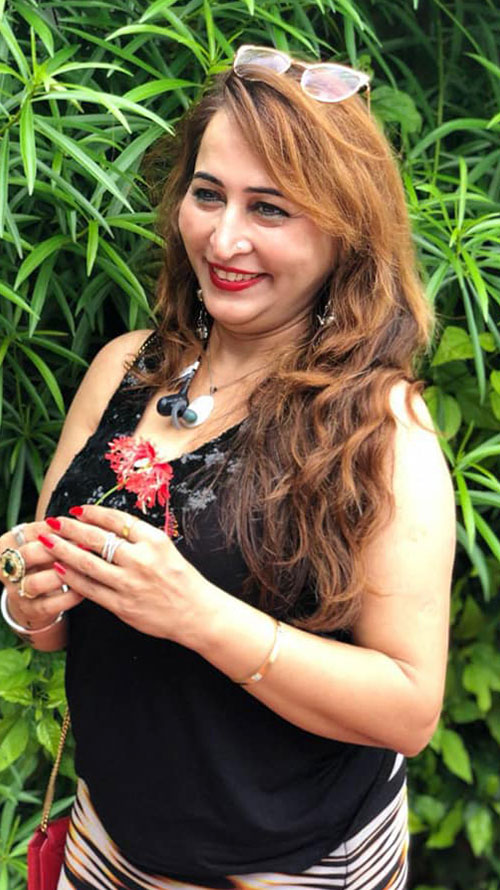
In the heart of Udaipur, amidst a growing storm of digital dependency, fractured relationships, and rising mental health concerns, a silent yet profound revolution is unfolding—one that aims not just to cure, but to restore balance. Leading this movement is Dr. Sweety Chhabra, a sociologist by training and an energy healer by calling, whose approach is touching lives across generations.
At her NICC Centre in Meera Nagar Dr. Chhabra offers therapies that seem almost magical to those experiencing them for the first time. But behind the calmness lies a deeply scientific and spiritual framework—blending ancient wisdom with modern understanding. Her specialties include aura scanning, chakra healing, sound therapy, and the increasingly sought-after zero-gravity floatation experience.
This floatation therapy, modeled on the mineral-rich Dead Sea, involves lying in a tub containing 800 kg of Epsom salt. As clients float weightlessly for 55 minutes, they enter the elusive theta brainwave state—a meditative calm where the body resets, and the mind finds clarity. “In that stillness, healing begins,” says Dr. Chhabra.
Her approach is especially resonant among youth, who are overwhelmed by screen fatigue, academic pressure, and emotional disarray. “They are not lost—they are disconnected,” she explains. “We’re offering them a mirror to see themselves again.”
But Dr. Chhabra’s mission doesn’t stop at the young. Deeply disturbed by the rising neglect of India’s elderly, she regularly hosts free sound therapy sessions using Tibetan singing bowls, targeting the chakras to relieve stress, loneliness, and insomnia. “It’s more than sound—it’s about giving them their dignity back,” she says.
The therapy room at NICC vibrates with specific frequencies that activate emotional release and healing. Many elderly participants report better sleep and emotional lightness after just a few sessions.
Beyond therapies, Dr. Chhabra is a firm believer in restoring foundational values like trust, discipline, and emotional sharing. She criticizes the modern parenting style of over-accommodation, which she believes fosters entitlement over resilience. “When a child is taught that choice overrides gratitude, emotional imbalance follows,” she observes.
Central to her philosophy is the concept of the aura—a subtle energy field surrounding every individual. Through training and self-awareness, she believes people can raise their own frequencies, making better decisions, attracting positivity, and reducing negativity.
Yet, what sets Dr. Chhabra apart is not just her techniques—but her spirit of service. “Healing cannot be transactional,” she asserts. “If someone brings an elder in need, I serve them for free. This is my dharma.”
In a world obsessed with speed and success, Dr. Sweety Chhabra offers something different—a path back to stillness. Her work is not a business. It is a movement. And for those ready to pause and reflect, it might just be the beginning of something truly transformative.